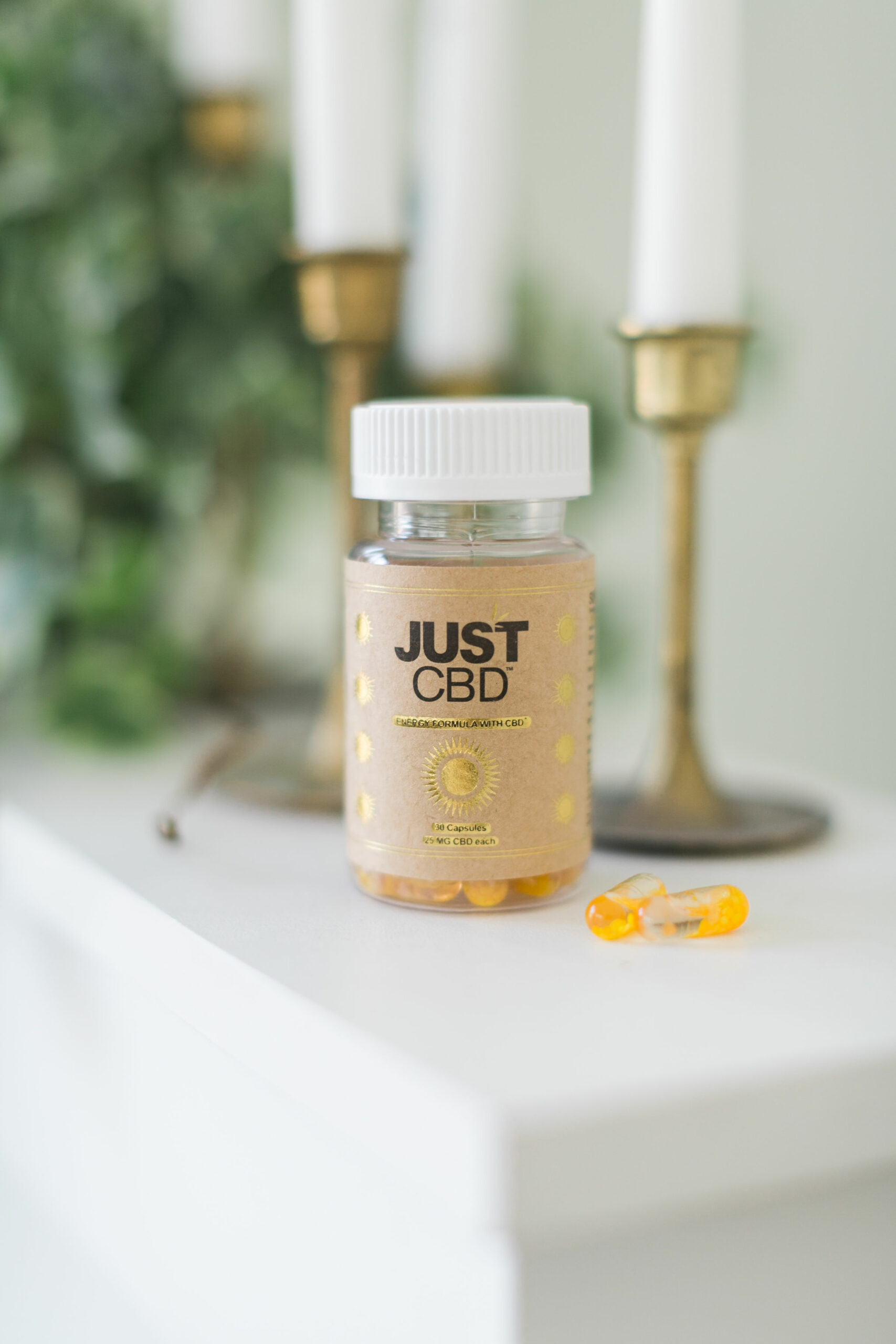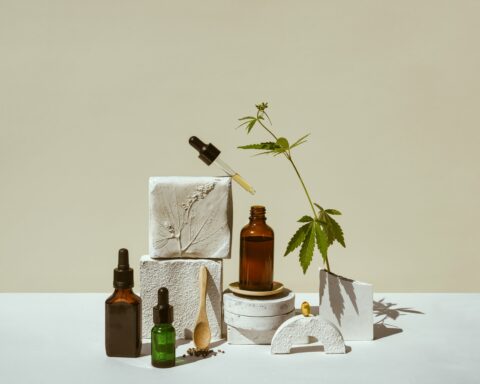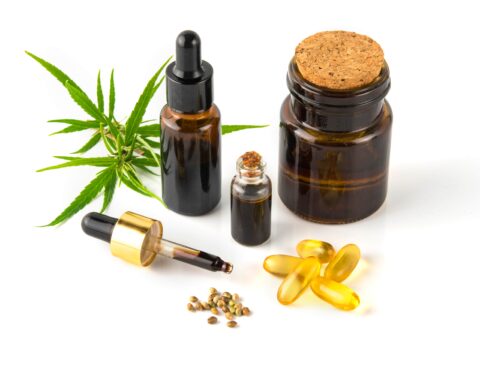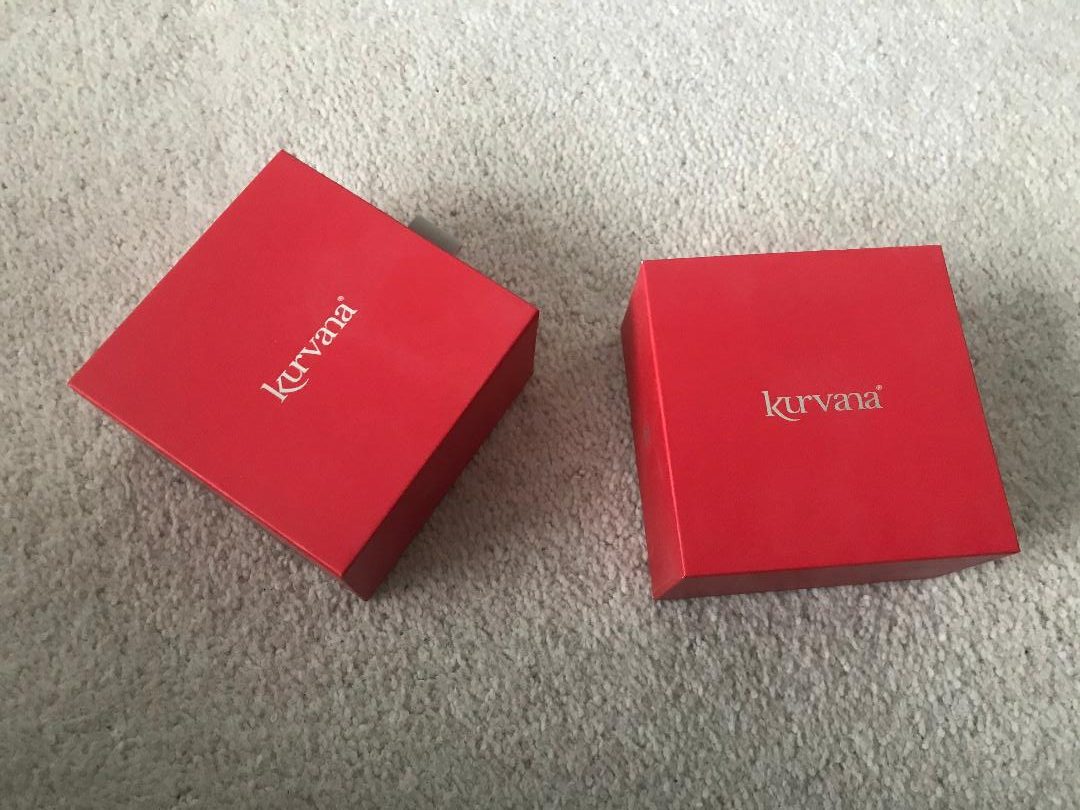CBD is a compound produced mainly by cannabis plants and belongs to a class of at least one hundred other cannabinoids. Cannabinoids are a group of organic compounds that interact with the endocannabinoid system in the human body to maintain homeostatic functions of the body.
CBD interacts with CB1 and CB2 receptors to induce anxiolytic effects on the user. However, CBD should not be confused with THC, which induces psychotic effects on the user (highness), and is known to have addiction issues for drug abusers. CBD has gained popularity in recent years after it was declassified as an illegal drug by federal law in 2018 by the Farmers Bill. Research studies indicate that CBD effectively reduces the effects of acne, psoriasis, and skin inflammation and combats the effects of aging. Cannabidiol is effective against various psychotic illnesses such as Alzheimer’s and insomnia. Further clinical trials are underway to find out more uses.
Storing CBD Products
CBD is mainly extracted in the form of oil from leaves, stalks, roots, and flowers of the hemp plant. However, CBD products include oils, edibles, tinctures, topicals, and vaporizers. These products differ in composition and potency, and the storage method affects the shelf life and usefulness of the product. CBD is a product with a wide range of abilities that must be handled with caution in exchange for its benefits. Cannabidiol is naturally edible. Like any natural product, it has a shelf life. It must be carefully stored to retain its benefits for as long as possible. As a result, knowing how to store CBD oil is critical to reaping the most benefits from it for as long as possible. Improper CBD oil storage can decrease cannabinoid concentration or cause deterioration of the product’s therapeutic and relaxing active ingredients.
Avoid Sunlight and Artificial Sources of Light With UV Rays
The number one degrading factor for CBD is light. The sun’s rays are known to contain high levels of infrared and ultraviolet rays, which alter CBD stem cells. According to research, hemp produces terpenes to protect itself and its constituents from the sun’s UV rays. CBD is highly photosensitive, so it degrades quickly when it comes into contact with these rays. Keep all CBD products in a shaded area away from sunlight, in a cupboard, or in a refrigerator to avoid this issue. Artificial light has no negative effects on CBD, but artificial lights with UV rays may cause CBD to degrade. In addition, most companies store their CBD oils in opaque bottles and reflect off UV and infrared rays to reduce their degradation.
Temperature
Cannabinoids do not tolerate high temperatures and may degrade when exposed to high temperatures. Most CBD products are prepared by mixing CBD distillate oil into carrier oils such as olive oil, coconut, and argan oils. When exposed to high temperatures, CBD tends to evaporate. It has a low boiling point of around three hundred and fifteen Fahrenheit compared to its carrier oils which have a relatively high boiling point of around 400-&23-degrees Fahrenheit. This reduces the amount of CBD present and lowers its concentration levels to significantly lower levels. This may affect its effective dosage as one might require higher doses. CBD is best stored at room temperatures or temperatures averaging about twenty-one degrees Celsius. In addition, when frozen, it should be allowed to thaw once and never frozen again as this affects its various isomeric steamers, which reduces its effectiveness. Generally, one should store CBD in cool areas away from heat sources.
Use Air-tight Containers
Unprocessed CBD has an average shelf life of six months. In contrast, processed CBD has an average shelf life between eighteen months and twenty-four months if packaged in an air-tight container and left unopened. However, if opened, these products remain viable for six months before they degrade rapidly. Raw CBD has a shorter shelf life since the extracted CBD is still in the form of carboxylic acids, which decompose rapidly when exposed to air. Raw CBD is treated by heating it at seventy degrees Celsius to convert it from its acidic form to CBD compound. In addition, it is important to use air-tight containers to avoid oxidative stress on CBD compounds. Oxidative stress causes CBD molecules to bind to more oxygen atoms reducing the available hydrogen binders to the endocannabinoid system reducing its effectiveness. One should consider using zip lock bags if they have a high frequency of using CBD to avoid overall exposure to air. When using air-tight containers, one should always store them upright, especially when using CBD oils and tinctures.
Time
CBD products made out of oil begin losing their potency and effectiveness after six months of storage. One way to avoid this mistake is to check for the date of manufacture and consider the period that one is considering using CBD. CBD oils are useful for up to six months of storage and thus can be considered a short-term option. On the other hand, CBD tinctures have the longest shelf life, twenty-four months, when stored away from heat and light. However, it is important to consider the type of carrier oil used to make the tincture as they vary in timeframes. Triglycerides carrier oils offer the longest shelf life and are a good option to store CBD for long-term purposes.
How to Tell if a CBD Product has Gone Bad
The taste and odor of a CBD product can indicate its freshness. If a CBD product smells strange or rancid, do not use it. CBD oil’s color changes as it degrades. While deteriorated CBD will not make you sick, it will be less effective. Some tell-tale signs that the CBD bottle has gone bad are as follows:
- Color changes from clear to dark brown.
- A foggy coating is visible inside the bottle.
- An overwhelming putrid smell.
- Its texture goes from a thicker stock to a thin one.
Conclusion
Always consider the time frame of using a CBD product. Use treated CBD products for more than one year and triglyceride-based tinctures as a long-term storage option. Avoid storing CBD away from heat and light to reduce its decomposition rate. Lastly, use air-tight containers to avoid oxidative stress on CBD.
- What Are the 7 Chakras and How Can You Unblock Them? - April 19, 2024
- THCa Flower by Perfect Plant Markey - September 21, 2023
- Arches Audio Shares Their Secrets For Starting A Successful Podcast - July 7, 2023









